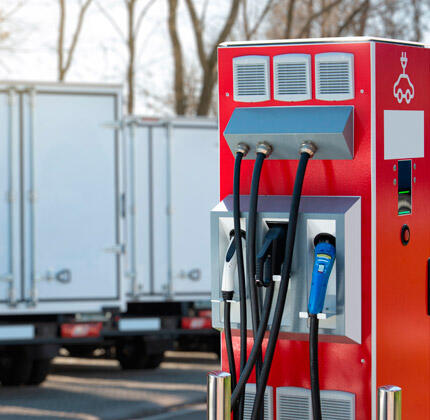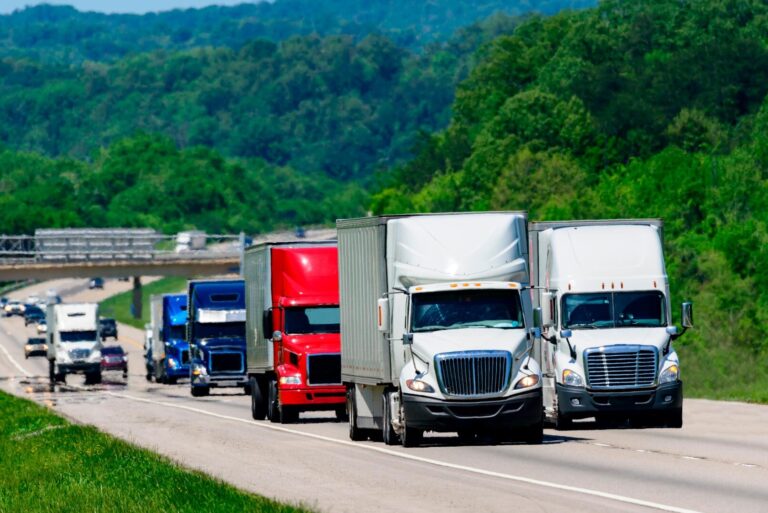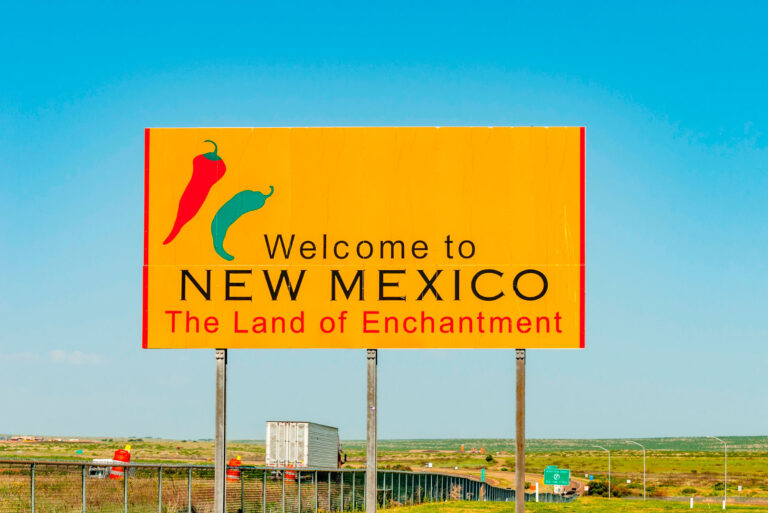Pilot Co. Travel Centers Expanding Access to Electric Charging Stations in 2024
July 29, 2023
As low-carbon vehicles become more widely used across the US, fuel suppliers are finding ways to keep up with the changes to the rapidly evolving transportation sector. Recently, GM and Pilot Company have announced a collaboration to install 2,000 new electric vehicle charging stations across the country.
This article explores the impacts of alternate fueling initiatives on electric vehicle owners and how Pilot Co. and other major fuel suppliers are adapting to provide fuel for a low-carbon transportation industry.
Pilot’s Coast-to-Coast Charging Network

Many of these stations will be located in rural areas that have previously lacked charging stations for electric vehicles, and will be equipped with 350 kW chargers, which can fully charge an electric vehicle in as little as 30 minutes. Additionally, charging stations will be equipped to provide for Class 4, 6, 7, and 8 electric trucks, which will be pivotal in expanding access to long-distance commercial vehicles, which have been limited in their access to fueling stations along the American highway system.
These charging stations won’t be available exclusively at Pilot Co. travel stops, as many more fuel producers are getting on board with electric vehicle charging and alternative fueling stations.
A Changing Landscape for Fuel Producers
As a result of the upward trend of electric vehicles, fuel providers across the country are facing market pressures from consumers and legislation to diversify their products to offer a broader range of transportation fuels. According to a 2022 report by the Boston Consulting Group, approximately 95% of fuel providers in the US plan to offer EV charging stations in the coming years, with many developing plans to offer alternate fuels as well, including biodiesel and renewable diesel fueling stations. Circle K, Wawa, and 7-Eleven, along with many other fuel providers, have already begun installing electric charging stations at their travel stops, many of which do not charge customers for using their charging stations.
The upward trend in electric vehicles is likely to continue as EVs outcompete traditional internal combustion engine vehicles in accessibility and affordability. Fortunately, fuel providers are making the appropriate changes to their products and offering a wider range of transportation fuels across the country, making the transition to electric vehicles easier than ever.
With these initiatives rapidly changing the transportation industry, it’s easier than ever to transition to electric vehicles. EV fleet owners can even earn additional revenue when switching to EVs through energy rebate programs. Learn more about how you and your fleet can earn: Smart Rebates for EV Fleets
Related Posts









